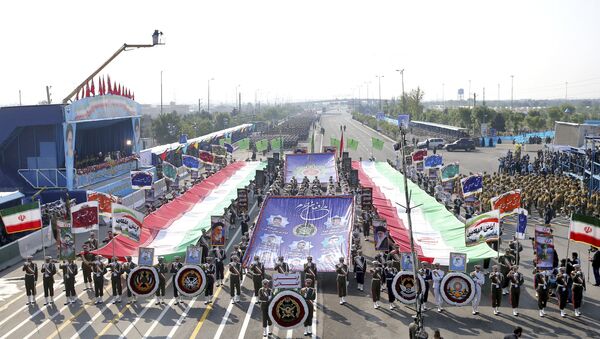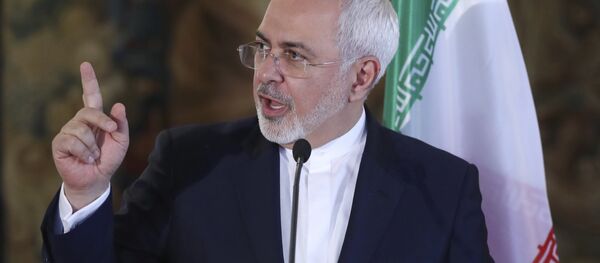Mentioning the longtime hostility between the US and Iran, Ali Reza Rezahah said that the would-be coalition would hardly be able to cause any harm to the Islamic Republic.
“We have already seen such coalitions set up by the US in the past. Their coalition against Daesh has been a failure while Iran, Hezbollah and Russia have achieved great results. If the new US-led coalition proves just as unsuccessful as the one that fought Daesh, then this would be pretty much acceptable for Iran,” Dr. Rezahah said.
He added that the success of the new coalition the US wants to put together will depend on the countries that could join in.
“If, for example, we imagine Canada as America’s main ally, then we can figure out the US’ potential for building such a coalition. The US’ current position stems directly from the Israeli and Saudi policy of bribery in the region. Saudi Arabia, Israel, the Emirates and Bahrain welcome the prospect of the US building a coalition against Iran.”
Commenting on Iran’s growing role in the region, Ali Reza Rezahah underscored the fundamental difference between Tehran’s and Washington’s policy of cooperating with other countries.
"Iran’s growing role in the region stems from its positive approach which doesn’t sit well with the US and its allies. If we look at the changes taking place in Lebanon, the elections in Iraq, we can see a clear growth of Iran’s influence in the region. It differs from what the Americans do when they are buying up state leaders or are bribed by them. Our influence is based on cooperation and solidarity with our regional neighbors and this is something the US and Europe fail to understand,” he concluded.
Fuad Izadi was equally doubtful about the viability of a US-led coalition against Iran.
“The US actively supported [then-Iraqi leader Saddam] Hussein during the Iran-Iraq war. The Americans used their satellites to photograph the positions of the Iranian forces and sent them to the Iraqis who used chemical bombs against Iran. After the war, the US threatened Iran with numerous sanctions. The animosity lingers on […] and the US government has said loud and clear that it wants regime change in Iran,” he said.
READ MORE: Iran Asks OPEC Support Amid US Sanctions
The expert also mentioned the widespread condemnation, even by America’s allies, of President Trump’s decision to walk away from the 2015 nuclear agreement with Iran.
“Even America’s traditional allies in Europe, which always toe Washington’s line, have criticized the US move. A handful of countries, such as Israel, Saudi Arabia and, possibly, Bahrain – all of which have a long history of enmity against Iran – have voiced their support.”
Fuad Izadi added that if foreign companies working in Iran move out, they will do this not because they support Washington’s policy, but because of strong US pressure.
“The US will be working hard to put together a coalition, [with the aim] of bringing together a lot of countries from around the world with the specific goal of looking at the Iranian regime through a more realistic lens" which would include "all of its destabilizing activities that aren't just a threat to the region but are a threat to the broader world," State Department spokeswoman Heather Nauert told reporters in May.



